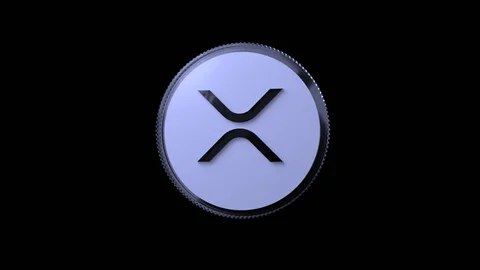BlackRock’s ETH ETF Staking: A New Era for Crypto?
Note: This post may contain affiliate links, and we may earn a commission (with No additional cost for you) if you make a purchase via our link. See our disclosure for more info. The crypto world is constantly changing. This content is for informational purposes only and not financial, legal, or professional advice So, please verify the info on the cryptocurrency provider’s websites.
BlackRock's recent SEC-acknowledged proposal to allow staking in its iShares Ethereum Trust (ETHA) marks a pivotal moment for the intersection of traditional finance and crypto. This isn't merely about price speculation; it signifies institutional acceptance of Ethereum's proof-of-stake mechanism, allowing for active participation in network security and earning staking rewards. The move allows Wall Street to transition from passive investment to active participation in ETH's infrastructure, potentially redefining how we invest in financial networks. This development has implications beyond simple price action. The shift highlights the growing institutional interest in Ethereum's underlying technology, particularly its role in real-world asset (RWA) tokenization and stablecoin infrastructure. BlackRock CEO Larry Fink's vision of tokenizing stocks and building funds on the ETH blockchain underscores this commitment. Even JPMorgan, previously cautious about crypto, is showing increased openness, influenced by regulatory clarity. This convergence of traditional finance and crypto, driven by seemingly minor regulatory changes, signifies a significant power shift. The network effect is now financial; the value of the Ethereum network increases as more institutional players join, creating a positive feedback loop. While the benefits include increased network security, yield generation for institutional investors, and broader adoption of blockchain technology, potential risks remain to be seen as this new paradigm unfolds. The long-term implications of mainstream institutional staking on Ethereum's price, governance, and overall ecosystem are yet to be fully understood, but this development undeniably marks a significant step forward for the integration of crypto into traditional finance.










